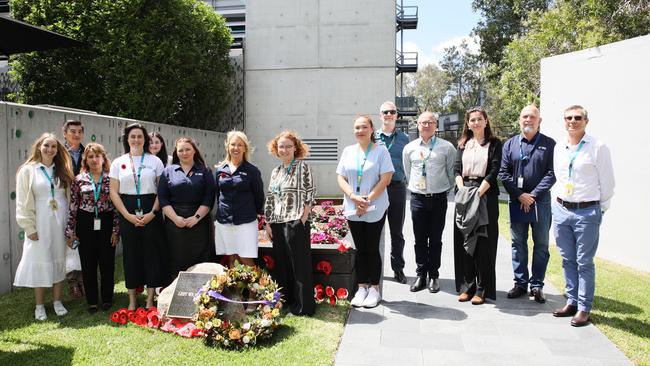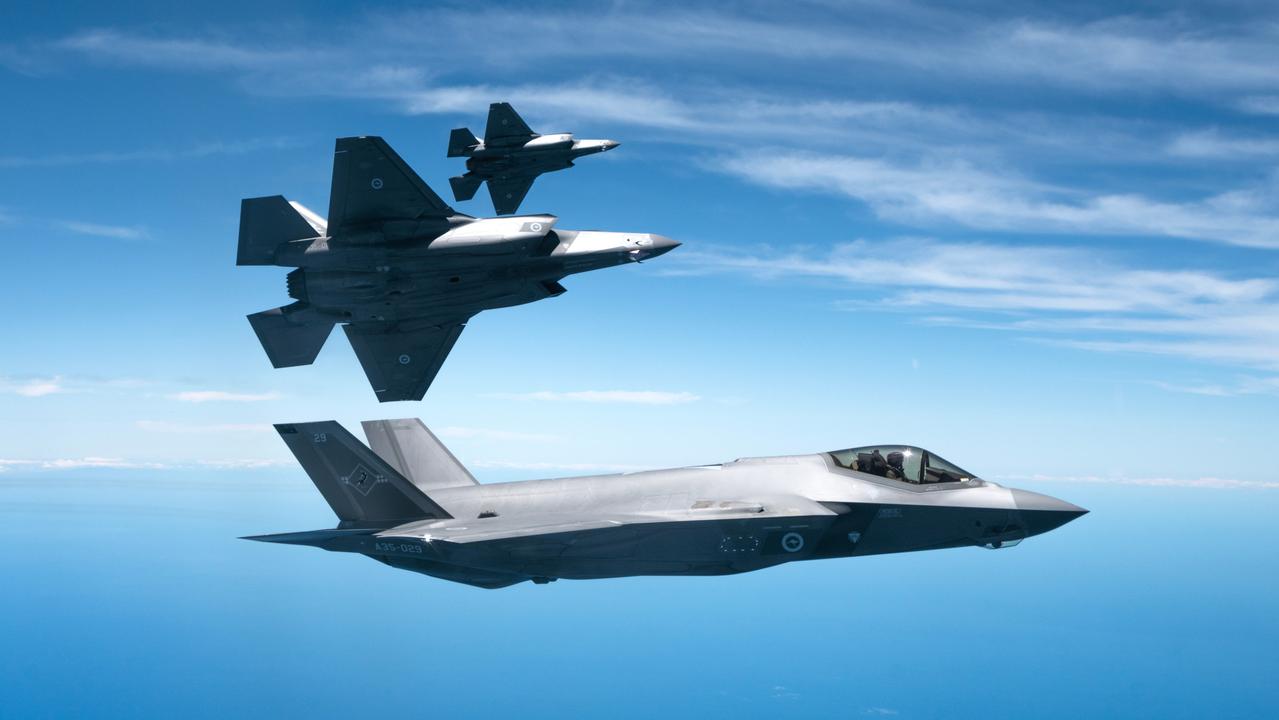Strengthening its ranks: Optus happy to call on ex-service personnel
Optus has expanded its practice of recruiting Defence ex-service people to strengthen its ranks, recognising the unique skills and expertise this talent pool provides.

Optus has expanded its long-standing practice of recruiting Defence ex-service people to strengthen its ranks, recognising the unique skills and expertise this talent pool provides – from deep technical expertise to leadership and a range of capabilities in between.
“Being an inclusive employer is a really important part of who we are and ensuring we have a team with diverse skills, capabilities and backgrounds,” says Kate Aitken, vice-president of people and culture at Optus.
Aitken says that, as a telecommunications company, Optus benefits from strong alignment with the skills ex-service people bring. “We have a lot of engineering and network technical roles which are a good match,” she says, “but also leaders with great strategic minds, and roles in supply chain, procurement and all sorts of areas because Defence is such a broad employer – so we’re proactive about tapping into that talent.
“Veterans bring a range of amazing skills – leadership, teamwork, agility, the ability to work under pressure and deep technical skills. In our network and satellite teams, we see specific skills that you can only get from Defence. But veterans also bring softer skills, such as being first responders on the floor, providing first aid and handling emergency situations. These skills are really important for us, especially in situations where something goes wrong with a tower. Their response skills are a great asset to our workforce.”
Optus recently joined the Veteran Employment Commitment (VEC), a program launched by the Department of Veterans’ Affairs to help organisations create inclusive workplaces for ex-service people. Recognised as a Veteran Employer of Choice, Optus has demonstrated a range of veteran employment recruitment, retention and leadership initiatives including interview practices for hiring ex-service people, a job referral network, an employee network and connection and commemoration activities.
Optus also supports the veteran community through partnerships with key organisations. The company has a Gold Partnership with the not-for-profit veteran support organisation Soldier On, regularly raises funds for Legacy, and has recently signed a new partnership agreement with Invictus Australia.
DVA renewed the VEC in April this year, introducing a multi-level model to support employers of all sizes in recruiting and retaining ex-service people. This new approach gives practical support and resources to encourage organisations to provide greater employment opportunities and assistance for those who have separated from the ADF. It empowers employers to publicly demonstrate the importance their business places on the skills, values and experience that ex-service people bring to civilian workplaces.
As for recruitment at Optus, Aitken says: “We state in our job ads that veterans are encouraged to apply, and we specifically mention that military experience is desirable. We also encourage veterans through referrals and advertise on veteran job boards like Soldier On has.”
Optus’s United employee network, which supports ex-service people from Defence as well as emergency services, and their families, is a key part of the company’s efforts to build an inclusive workforce. “One thing we like to do is crossover with other employee networks at Optus,” Aitken says. “For example, our disability network recently held a wheelchair basketball event between United and the disability network – it’s the second year we’ve run this.”
Optus also ensures ex-service people are included in broader corporate initiatives. “We hold regular commemoration events, such as Anzac Day and Remembrance Day,” Aitken says. “We also have a military leave policy and conduct a diversity and inclusion census. We ask people if they want to identify themselves, and 3 per cent of our workforce told us they’ve been in the defence force or emergency services or are the spouse or dependent of those who have.”
Emma Perkins, now Satellite Defence security manager at Optus and chair of the United network, spent 12 years in the navy before transitioning to the company in 2018. Her last role in Defence as a satellite narrowband operator in Canberra led to hearing about a job opportunity at Optus.
“I was really nervous because I didn’t have formal qualifications, but I put in my resume,” she says. “Thankfully, I moved on to the next stage for a panel interview. During the interview, they assured me they’d worked with veterans and understood the transition, and that they could ease me through it, and that much of the training would be on the job.”
Perkins quickly progressed at Optus, moving from satellite network engineer to senior satellite engineer. She identified gaps in Defence security within the company, which led to the creation of her current position.
Perkins says she didn’t think it would be easy for her to leave Defence but credits her smooth transition to the support of her Defence ex-service colleagues at Optus. “If I had questions about the organisation’s structure or corporate knowledge, I had veteran team members I could ask,” she says. “With their support, it was a very easy transition.”
Perkins regularly attends transition events to help ex-service people navigate their next steps. “I always tell them to go to the VEC website and find the organisations that are signed up,” she says.


